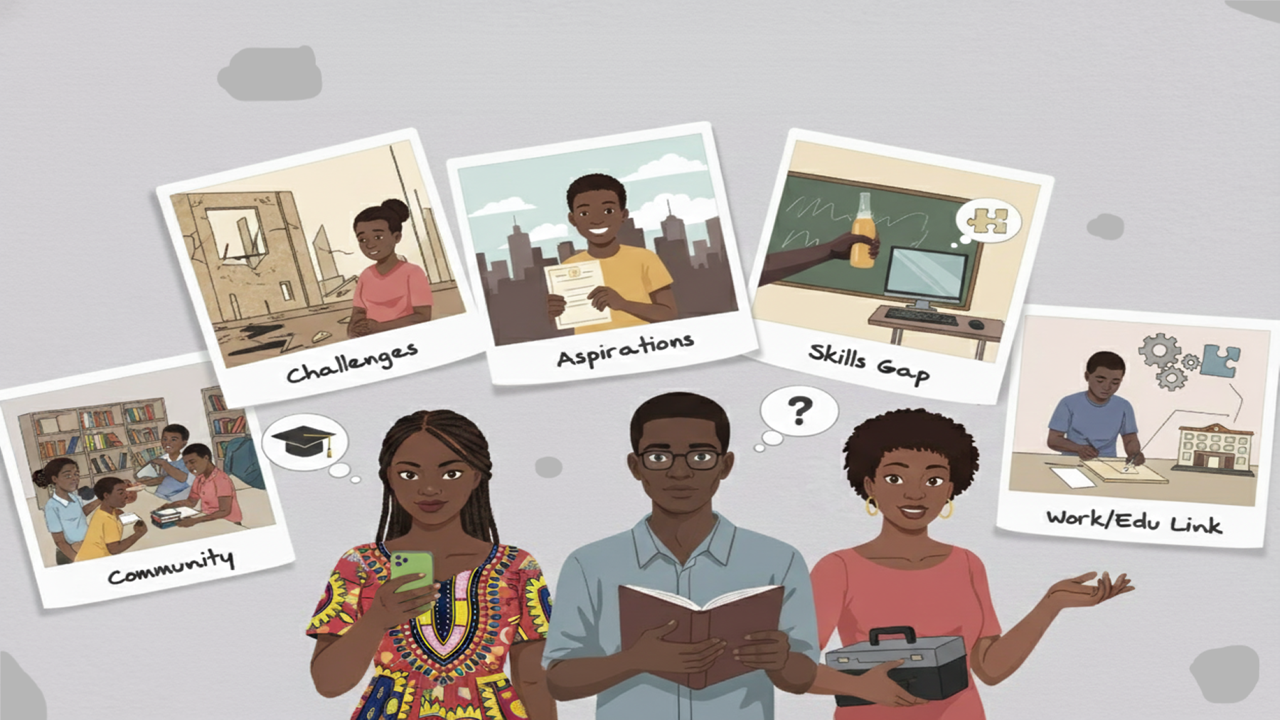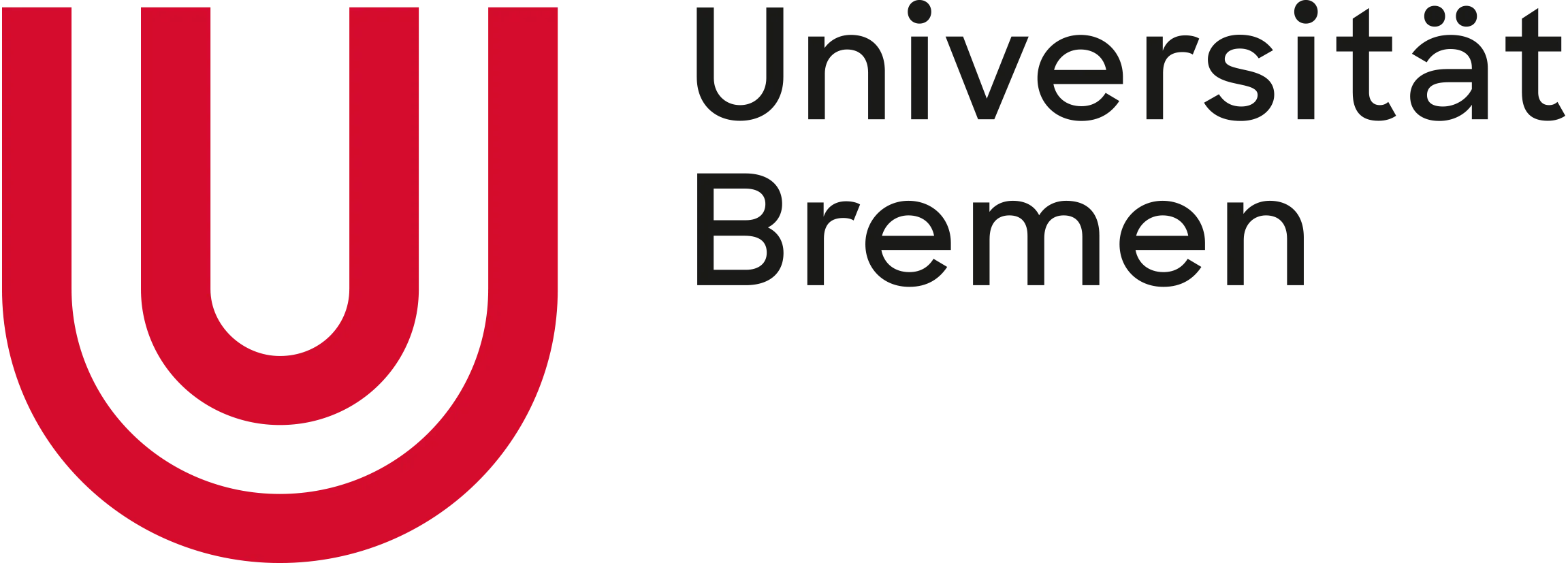Our Stories in Data
Urban Youth Employment in Sierra Leone- Combined Report
Headline findings from a survey carried out in April 2025 in Freetown, Bo and Makeni

Employment Status and Working Conditions
Chart 1.1: Employment Status by Gender
Chart 1.2: Occupational Distribution of Respondents
The majority of respondents work as traders/vendors and artisans/skilled manual labourers.
Chart 1.3: Young People's Working Hours and NASSIT Contribution
84.2% of respondents do not contribute to NASSIT. Most young people work between 7–9 hours daily and are satisfied with their working pace.
Chart 1.4: Perception of Workplace Environmental Safety
Comparison between paid employees (teal) and self-employed individuals (purple)

Factors influencing Job Search in Urban Sierra Leone
Chart 2.1: Challenges in Job Seeking
An overwhelming majority of the respondents (91.2%) found their current job through personal connections or recommendations.
Chart 2.2: Perceived Barriers to Employment: Corruption and Nepotism
Education does not always eliminate perceived barriers to employment
Corruption and nepotism are seen as important barriers to employment across all groups

Young People's Perceptions of Education
Chart 3.1: Highest Level of Completed Education
The most common level of completed education level is junior secondary school followed by senior secondary school.
Clear gender differences:
women are more likely to stop their education at earlier stages and less likely to complete college
women are more likely to stop their education at earlier stages and less likely to complete college
Chart 3.2: Skills Usefulness for Current Job
The skills you learned during your education are useful for your current job
Women tend to see the relevance of their education more critically than men
Chart 3.3: Career Coaching Received
During your education you received good career coaching
Career coaching and opportunities to gain practical skills are consistently viewed as limited across all groups
Chart 3.4: Education Reflection of Reality (Men vs. Women)
Over a half of the respondents agree that their education is relevant and useful for their jobs
View the full report here: https://Labour market research l.org/research-reports.html
How to cite: Samonova et al. (2025). Young people's perceptions of education in urban Sierra Leone
How to cite: Samonova et al. (2025). Young people's perceptions of education in urban Sierra Leone

